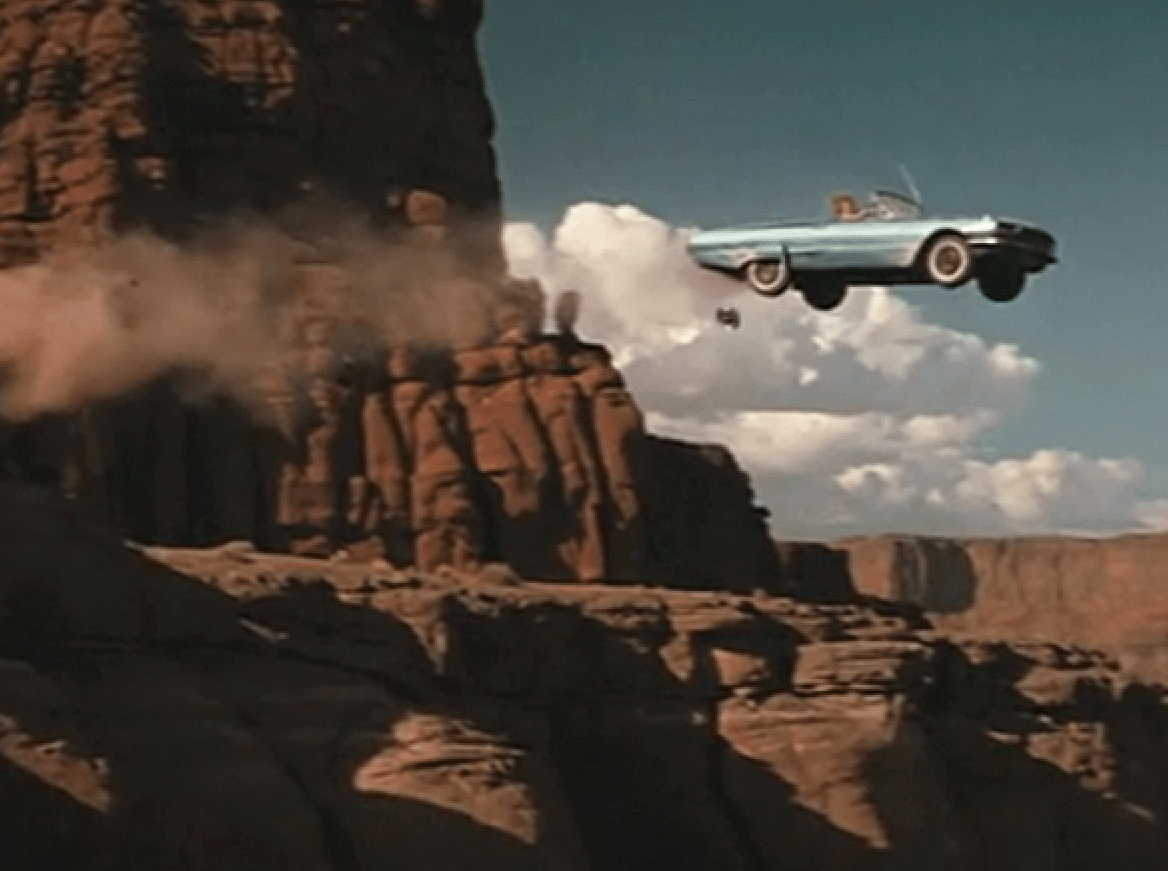On Thursday I asked the CTA to stop lying to customers that it's still able to run a normal schedule of bus and train trips, with only occasional gaps, while in reality labor shortages are forcing the agency to skip as many as half the scheduled runs. Being honest and transparent about how much service can be provided right now, and publishing accurate timetables and Transit Tracker info, will allow customers to have realistic expectations about how long a commute will take.
On commenter posted, "What are we going to when the billion dollars of transit welfare runs out in the not-too-distant future? Service cuts and fare hikes are coming. My commute, like many others, is going to get much worse."
That's interesting, because I had already written most of the following passage, but cut it from last week's long-ish post, which was in danger of becoming a TLDR situation. By some accounts, the CTA is heading towards an imminent funding crisis without adequate planning for how the agency is going to deal with it, kind of like the two eponymous protagonists (spoiler alert) driving over the cliff at the end of movie "Thelma and Louise."
Another reason to take the CTA should take an honest, pragmatic approach to current staffing shortages is that, even if the agency is able to fill all its bus and train operator positions, funding shortages are looming on the horizon. Chicago transit operations are currently heavily subsidized by federal COVID relief money, and that cash may run out in the foreseeable future.
I'd be the first to argue that transit is an essential service like the fire department that should be fully-funded by tax revenue, rather than being heavily dependent on fare box revenue. We could raise state taxes on billionaires to pay for it.
(Ken Griffin, Illinois' richest man, who donated $12 million for pedestrian and bike separation on the Lakefront Trail, but also spent $53.5 million to block Governor J.B. Pritzker's ballot initiative for a graduate state income tax, just announced he's fleeing the state, you respond? Bye Felicia.)
But the reality is, there's no guarantee there will be more COVID relief cash in the future, especially if anti-transit Republicans make gains in the upcoming midterms and/or the 2024 presidential election. And it's unlikely that CTA ridership is going to fully recover in less than a couple more years, if ever, to make up the funding shortfall.
As such, the transit agency should have a Plan B ready if it needs to further cut bus and train runs due to funding shortfalls. Reallocating service now to address staffing shortages in the best way possible, while being truthful about that to the public, would be a good dress rehearsal for what to do if and when the federal relief money runs out.






